|
The Book of I Am - Destiner Press Titles | |
| Back to Home |   |
|
  |

A Free Online Booklet Previously issued in hardback by Lion Publishing, UK Illustrated in ink by Peter Dunstan, copyright © Peter Dunstan 2001 |
|
 |
"How do I know I really exist?" asked the jester. "Who is asking this question?" said the king. "I am." "Then you exist." |
|
 |
Abram The word of the Lord came to Abram in a vision, 'Fear not, Abram, I am your shield; your reward shall be very great.' But Abram said, '0 Lord God, what wilt thou give me, for I continue childless...thou hast given me no offspring; and a slave born in my house will be my heir.' And behold, the word of the Lord came to him, 'This man shall not be your heir; your own son shall be your heir.' And he brought him outside and said, 'Look toward heaven, and number the stars, if you are able to number them.' Then he said to him, 'So shall your descendants be.' And he believed the Lord; and He reckoned it to him as righteousness. 1900 years before Christ, Abram, a resident of Ur in what is now Iraq received a vision calling him to leave his home and travel hundreds of miles west to the land of Canaan, where he was a stranger. GENESIS 15:1-6 |
|
 |
Abraham When Abram was ninety-nine years old the Lord appeared to Abram, and said to him, 'I am God Almighty; walk before me, and be blameless. And I will make my covenant between me and you, and will multiply you exceedingly.' Then Abram fell on his face; and God said to him, 'Behold, my covenant is with you, and you shall be the father of a multitude of nations. No longer shall your name be Abram, but your name shall be Abraham; for I have made you the father of a multitude of nations. I will make you exceedingly fruitful; and I will make nations of you, and kings shall come forth from you. And I will establish my covenant between me and you and your descendants after you throughout their generations for an everlasting covenant, to be God to you and your descendants after you.' No longer 'Abram' (exalted father), but 'Abraham' (father of a multitude). GENESIS 17:1-7 |
|
 |
Moses Now Moses was keeping the flock of his father-in-law, Jethro, the priest of Midian; and he led his flock to the west side of the wilderness, and came to Horeb, the mountain of God. And the angel of the Lord appeared to him in a flame of fire out of the midst of a bush; and he looked, and lo, the bush was burning, yet it was not consumed. And Moses said, ‘I will turn aside and see this great sight, why the bush is not burnt.’ When the Lord saw that he turned aside to see, God called to him out of the bush, ‘Moses, Moses!’ And he said, ‘Here am I.’ Then He said, ‘Do not come near; put off your shoes from your feet, for the place on which you are standing is holy ground.’ And He said, ‘I am the God of your father, the God of Abraham, the God of Isaac, and the God of Jacob.’ And Moses hid his face, for he was afraid to look at God. A son, Isaac, was born to Abraham, and then a grandson, Jacob. And from Jacob came the twelve tribes of Israel. But famine drove Jacob’s family to Egypt, where they fell into slavery. 1300 years before Christ, God’s call came to Moses. EXODUS 3:1-6 |
|
 |
YHWH Then Moses said to God, ‘If I come to the people of Israel and say to them, "The God of your fathers has sent me to you," and they ask me, "What is his name?" what shall I say to them?’ God said to Moses, 'I AM WHO I AM.' And he said, ‘Say this to the people of Israel, "I AM has sent me to you." ' 'Say therefore to the people of Israel, "I am the LORD, and I will bring you out from under the burdens of the Egyptians, and I will deliver you from their bondage, and I will redeem you with an outstretched arm and with great acts of judgement, and I will take you for my people, and I will be your God." ' The oath of I AM (the Hebrew word YHWH, translated as LORD in capitals in many Bibles) to Abraham’s descendants stood. He had seen their suffering and planned their rescue. Moses was to go to Pharaoh and bring the children of Jacob out of Egypt. EXODUS 3:13-14; 6:6-7 |
|
 |
Exclusive And God spoke all these words, saying, 'I am the LORD your God, who brought you out of the land of Egypt, out of the house of bondage. 'You shall have no other gods before me.' 'Do not turn to idols or make for yourselves molten gods: I am the LORD your God.' God delivered his people: Moses led them out of Egypt. At Sinai, on the way to Canaan, God renewed his promises to the nation and gave them his laws for living. His first command bound them to an exclusive allegiance. EXODUS 20:1-3; LEVITICUS 19:4 |
|
 |
Others 'You shall not steal, nor deal falsely, nor lie to one another. And you shall not swear by my name falsely, and so profane the name of your God: I am the LORD. . .' 'You shall not hate your brother in your heart, but you shall reason with your neighbour, lest you bear sin because of him. You shall not take vengeance or bear any grudge against the sons of your people, but you shall love your neighbour as yourself: I am the LORD.' Right relationships with others start with God first. LEVITICUS 19:11-12, 17-18 |
|
 |
Strangers 'And you shall not strip your vineyard bare, neither shall you gather the
fallen grapes of your vineyard; you shall leave them for the poor and for the sojourner: ‘The stranger who sojourns with you shall be to you as the native among you, and you shall love him as yourself; for you were strangers in the land of Egypt: I am the LORD…' The poor and helpless, the foreigner and all who are unprotected and defenceless are also entitled to privileges. LEVITICUS 19:10, 34 |
|
 |
Apart 'You shall not practice augury or witchcraft.' 'You shall not make any cuttings in your flesh on account of the dead or make tattoo marks upon you: I am the LORD.' 'You shall be holy to me; for I am holy, and have separated you from the peoples, that you should be mine. A man or a woman who is a medium or a wizard shall be put to death; they shall be stoned with stones, their blood shall be upon them.' God calls his people out, sets them apart from all the base beliefs, practices, religions and philosophies of the world. LEVITICUS 19:26,28; 20:26,27 |
|
 |
Isaiah 'I, In the Old Testament Law God had given his people clear directions for living. But they failed miserably in keeping them, 'playing the harlot' with the religions and philosophies of the nations around them. Centuries passed during which God sent many prophets to call the Israelites back to first truths. 700 years before Christ, Isaiah declared God’s message to them with a tremendous scroll, almost a mini-Bible in itself. ISAIAH 43:11-13 |
|
 |
Promise ‘ ‘But you have burdened me with your sins, you have wearied me with your iniquities. ‘I, I am He who blots out your transgressions for my own sake, and I will not remember your sins.’ Because he is the eternal ‘I AM’, the all-powerful Creator, God is able to save and deliver; to forgive and to renew life. But how? No sin can be ignored or endured in His presence, no flaw tolerated, no darkness exist in the Light. How then, is such a promise to be achieved? ISAIAH 43: 15, 24-25 |
|
 |
Redeemer Thus says the LORD, the King of Israel and his Redeemer, the LORD of hosts:
‘ Thus says the LORD, your Redeemer, who formed you from the womb: ‘I am the LORD, who made all things, who stretched out the heavens alone, who spread out the earth - Who was with me?’ Time starts, continues and finishes, but God is without beginning or end, The Ancient of Days, dynamic yet unchanging. The Author of Life is completely capable of the redemption of his creation and fallen creatures. ISAIAH 44:6-7, 24 |
|
 |
I am Alpha and Omega First and the Last Beginning and End |
|
 |
Water The woman said to him, 'Sir, you have nothing to draw with, and the well is
deep...' Jesus said to her,"Every one who drinks of this water will thirst again, but
whoever drinks of the water that I shall give will never thirst; the water that I shall
give will become a spring welling up to eternal life...The hour is coming, and now is,
when the true worshippers will worship the Father in spirit and in truth, for such the
Father seeks to worship him. God is spirit, and those who worship Him must worship in
spirit and in truth.' The woman said to him, 'I know that Messiah is coming, he who is called Christ; when he
comes, he will show us all things.' Jesus said to her, 'I who speak to you am he.' An ordinary woman at a water well, a Samaritan, was one of the first people to whom Jesus disclosed himself. JOHN 4:23-26 |
|
 |
Bread 'My Father gives you the true bread from heaven. For the bread of God is that
which comes down from heaven, and gives life to the world.' They said to him, 'Lord give us this bread always.' Jesus said to them, 'I am the bread of life; he who comes
to me shall not hunger, and he who believes in me shall never thirst.' The claims of Jesus went far beyond being the Messiah. In a series of vivid pictures, he plainly declared that he came from God and shared his eternal nature. JOHN 6:32-34 |
|
 |
Light The true light that enlightens every man was coming into the world. He was in the world, and the world was made through him, yet the world knew him not. And this is the judgment, that the light has come into the world, and men loved darkness rather than the light, because their deeds were evil.' Again Jesus spoke to them, saying, 'I am the light of the world; he who follows me will not walk in darkness, but will have the light of life.' God is light and in him there is no darkness at all, for light and darkness are opposites. Darkness conceals, misleads and confuses, but light reveals, guides and illuminates. Jesus did not say that he received the light, but that he was the light. JOHN 1:9,10; 3:19; 8:12 |
|
 |
Door So Jesus again said to them, 'Truly, truly, I say to you, At night the eastern shepherd gathered his flock inside a walled enclosure on the open hillside. The wall had only one access, by which the sheep entered, and the shepherd set himself across this doorway to rest and guard. Jesus used the image of himself and the flock he particularly came to ransom from the world. JOHN 10:7-10 |
|
 |
Shepherd ' I am the good shepherd; I know my own and my own know me, as the Father knows me and I know the Father, and I lay down my life for the sheep.' In the Old Testament, particularly in Ezekiel chapter 34, God is described as a shepherd predicted to take his flock away from other shepherds and hirelings. No longer would they 'feed the sheep' or 'make themselves fat' on the backs of the flock, for God would cast out all those ministers and replace them Personally. Jesus used exactly the same picture of himself. JOHN 10:11-15 |
|
 |
Resurrection Martha said to Jesus, 'Lord, if you had been here, my brother would not have
died. And even now I know that whatever you ask from God, God will give you.' Jesus said to her, 'Your brother will rise again.' Martha said to him, 'I know that he will rise again in the resurrection at the last
day.' Jesus said to her, 'I am the resurrection and the life; he
who believes in me, though he die, yet shall he live, and whoever lives and believes in me
shall never die. Do you believe this?' The one time when Jesus was deliberately late for an appointment was when he arrived to raise Lazarus to life after four days in the grave. But his lessson was much deeper than bringing a man temporarily back from physical death. JOHN 11:21-26 |
|
 |
Way 'In my Father’s house are many rooms; if it were not so, would I have
told you that I go to prepare a place for you? And when I go and prepare a place for you,
I will come again and will take you to myself, that where I am you may be also. And you
know the way where I am going.' Thomas said to him, 'Lord, we do not know where you are going; how can we know the
way?' Jesus said to him, 'I am the way, and the truth, and
the life; no one comes to the Father but by me.' Jesus spoke these words to his disciples on the eve of his death, using an old expression of travellers in the Middle East. If a man wanted to know the way to a destination and asked another who was already going there himself, the reply could well be, 'I am the way.' which made it personal, not simply, 'I know the way.' Likewise Jesus did not say that truth had been revealed to him (like Muhammad) or that there were many paths to truth (like Buddha) but simply, 'I am the truth.' And 'I am life.' Stupendous, absolute and ultimate claims. JOHN 14:2-6 |
|
 |
Vine Jesus said, ' 'I am the vine, you are the branches. He who abides in me, and I in him, he it is that bears much fruit, for apart from me you can do nothing. If a man does not abide in me he is cast forth as a branch and withers; and the branches are gathered and thrown into the fire and burned.' Again Jesus drew from the imagery of the prophet Ezekiel (Chapters 15 and 19) and John the Baptist (Matthew 3:10) that useless branches bearing the wrong fruit (Matthew 7:19) or no fruit (Matthew 21:19) would be cursed, withered and burned. The branch that survives is joined in the vine's sap and produces the right fruit. JOHN 15:1-6 |
|
 |
Eternal 'You say, "If anyone keeps my word, he will never taste death." Are
you greater than our father Abraham, who died? And the prophets died! Who do you claim to
be?' Jesus answered, 'If I glorify myself, my glory is nothing; it is my Father who
glorifies me, of whom you say that he is your God. But you have not known him; I know him.
If I said, I do not know him, I should be a liar like you; but I do know him and I keep
his word. Your father Abraham rejoiced that he was to see my day; he saw it and was glad.' The Jews then said to him, 'You are not yet fifty years old, and have you seen
Abraham?' Jesus said to them, 'Truly, truly, I say to you, before Abraham was, I Am.' So they took up stones to throw at him… Jesus spoke in Aramaic, but it is obvious that here he used the name YHWH of himself. He was claiming more than the pre-existence of angels and the churchmen knew it, immediately seeking his death. JOHN 8:52-58 |
|
 |
Pardon 'You are from below, And when Jesus saw their faith he said to the paralytic, 'My son, your sins are forgiven.' Now some of the scribes were sitting there, questioning in their hearts, 'Why does this man speak thus? It is blasphemy! Who can forgive sins but God alone?' 700 years before Christ, God had declared through the prophet Isaiah, 'I, I am he, who blots out your transgressions.' It is not commonly understood that, strictly speaking, people can wrong each other but sins are against God alone, the failure to keep His ways and commands. King David understood this perfectly (Psalm 51:4) and that therefore only God Himself could forgive sins, not priests, nor any one else. Jesus made the very same claim, incensing the churchmen. JOHN 8: 23-30; MARK 2:5-7 |
|
 |
Recognition Now when Jesus came into the district of Caesarea Philippi, he asked his
disciples, 'Who do men say that the Son of man is?' And they said, 'Some say John the Baptist, others say Elijah, and others Jeremiah or
one of the prophets.' He said to them, 'But who do you say that Simon Peter replied, 'You are the Christ, the Son of the living God.' And Jesus said, 'Blessed are you, Simon Bar-Jonah! For flesh and blood has not revealed this to you, but my Father who is in heaven.' Peter discovered the lesson of John the Baptist, 'No one can receive anything unless it is given to him from above.' (John 3:27) Churchmen and evangelists still don't understand it. 'No one knows the Son except the Father, and no one knows the Father except the Son and any one to whom the Son chooses to reveal him.' (Matthew 11:27) MATTHEW 16:13-17 |
|
 |
Almighty Judas, procuring a band of soldiers and some officers from the chief priests
and the Pharisees, went ... with lanterns and torches and weapons. Then Jesus, knowing all
that was to befall him, came forward and said to them, ‘Whom do you seek?’ They answered him, ‘Jesus of Nazareth.’ Jesus said to them, ‘ Judas, who betrayed him, was standing with them. When he said to them, ‘I am he,’ they drew back and fell to the ground. These soldiers were not knocked over because Christ had merely admitted to being the man from Nazareth. He had again shown his ultimate identity card, using the name YHWH. JOHN 18: 3-6 |
|
 |
Power The high priest asked him, 'Are you the Christ, the Son of the Blessed?' And Jesus said, 'I am; and you will see the Son of Man sitting at the right hand of Power, and coming with the clouds of heaven.' And the high priest tore his mantle, and said, 'You have heard his blasphemy. What is your verdict?' And they all condemned him as worthy of death. First he had permitted the soldiers to arrest him, then he allowed the churchmen to try him, telling them all exactly who he was. They had not snared him, he was fulfilling a destiny agreed upon with his Father before the foundation of the world. 'Lo, I come, as it is written of me in the scroll of the book, I delight to do thy will.' (Psalm 40:6-8; Hebrews 10:5-10) 'The Son of man goes as it has been determined, but woe to that man by whom he is betrayed!' (Luke 22:22) 'For this reason the Father loves me, because I lay down my life that I may take it again. No one takes it from me, but I lay it down of my accord. I have the power to lay it down, and I have the power to take it again.' (John 10:17,18) MARK 14:61-62 |
|
 |
Authority Jesus came and said to them, 'All authority in heaven and on earth has been
given to me. Go therefore and make disciples of all nations, baptizing them in the name of
the Father and of the Son and of the Holy Spirit, teaching them to observe all that I have
commanded you; and lo, I am with you always, to the close of
the age.' The religious authorities condemned Jesus and handed him over to Rome for execution. But none of them had the power to keep him on the grave. MATTHEW 28:18-20 |
|
 |
Lord Now as Saul journeyed he approached Damascus, and suddenly a light from heaven
flashed about him. And he fell to the ground and heard a voice saying to him, 'Saul, Saul,
why do you persecute me?' And he said, 'Who are you, Lord?' And he said, ' Saul of Tarsus knew the Old Testament well. He was an extremely religious Jew and noted churchman. He relentlessly persecuted the early disciples of the risen Christ. The event on the Damascus road turned much more than his body upside down, changing the whole direction of his life, and his name to Paul. ACTS 9:3-6 |
|
 |
Keys 'When I saw him, I fell at his feet as though dead. But he laid his right hand
upon me, saying, "Fear not, The apostle John, in exile on the island of Patmos, received this vision of Christ along with the astonishing revelation of a coming world system which would ensnare every soul on the face of the earth except for God's elect. REVELATION 1:17-18 |
|
 |
End 'Let the evildoer still do evil, and the filthy still be filthy, and the righteous still do right, and the holy still be holy. 'Behold, I am coming soon, bringing my recompense, to repay every one for what he has done. I am Alpha and Omega, the First and the Last, the beginning and the end... 'Blessed are they who wash their robes, that they may have the right to the tree of life and that they may enter the city by the gates. Outside are the dogs and wizards and fornicators and murderers and idolators, and every one who practices falsehood... 'I am the root and offspring of David, the bright morning star... Assuredly I am coming soon.' The last Book in Scripture also declares Who will have the last Word. All will meet face to face with YHWH and then go to their appointed place. REVELATION 12:11-20 |
|
 |
Quotations from the Revised Standard Version, copyright 1946, 1952, Division of Christian Education, National Council of Churches, USA, used by permission. |